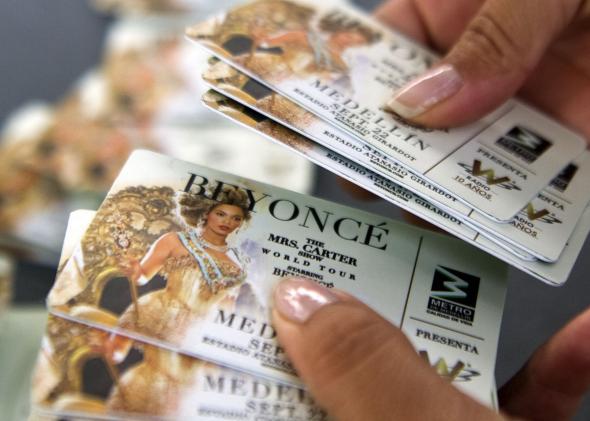Just as I was writing about how hard it is to get people to pay for music, what do I find myself doing but paying for Beyoncé’s new album, which dropped secretly with no publicity early this morning on iTunes.
Why does it work? A bunch of factors:
- Everyone already knows who Beyoncé is, and there’s a large audience for “the new Beyoncé album” that doesn’t need details about its content.
- She’s created artificial scarcity by distributing it exclusively through iTunes.
- The no-publicity thing serves as a great publicity stunt; everyone’s talking about it on social media.
- Surprise is a great way of getting people out of their stingy mindset. I like Beyoncé, but she’s not my very favorite artist. There’s probably something else I could have done with the $15 I dropped on this. But because the availability of the album was a surprise, it became an impulse purchase.
Long story short—good for her. It’s important to keep innovating in business models. But this almost certainly isn’t generalizable. To make it work, you have to be such a big star already that “grow your audience by distributing as widely as possible” isn’t an important consideration. A handful of artists can take this approach. But for everyone else, in order to ever become a big star you need to adopt a growth-first distribution strategy.
And of course the surprise album is a genius idea, but the genius of it is precisely that this isn’t the way it’s done. If everyone dropped unannounced albums at midnight with no publicity, it’d be boring.
